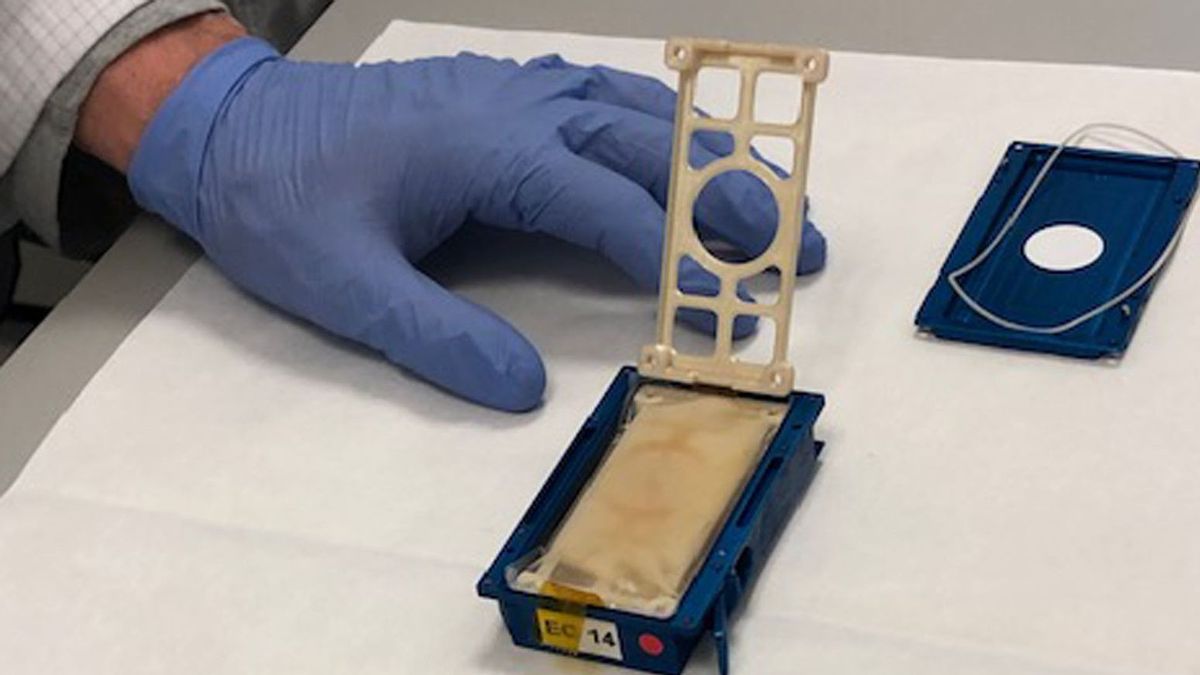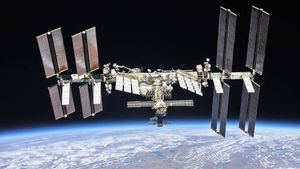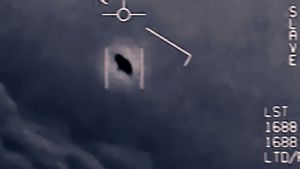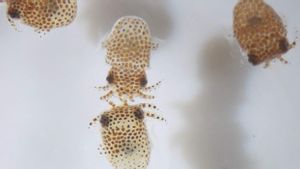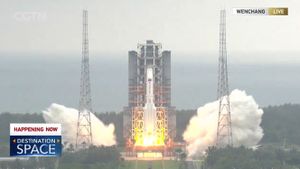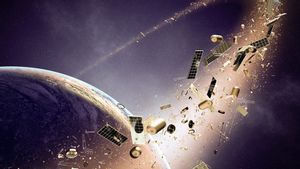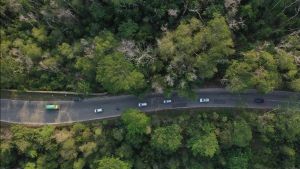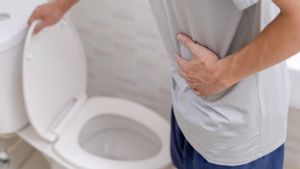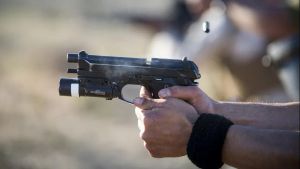JAKARTA - After sending the squid, now hundreds of small worms will also be sent into space. These worms will help scientists understand more about the human astronaut muscle mass while in space.
These worms are part of a new project by British scientists. The nematode worm species, known as Caenorhabditis elegans, will be sent to the International Space Station (ISS).
These worms measure about 1 mm in size and share many of the same biological characteristics as humans. They are also affected by biological changes caused by extraterrestrial life, such as changes in muscle mass and the ability to use energy.
Scientists hope this research can help develop new treatments for muscular dystrophy, a group of inherited genetic conditions that gradually cause muscles to weaken.

The mission comes after the same team conducted research in 2018 into how molecular changes in space affect human muscle and metabolism.
The new experiments aim to identify the exact molecule that causes the problem, as well as test new therapies to prevent muscle loss in zero gravity.
"Experiments in space are pushing the boundaries of knowledge and providing real-life benefits to all of us on Earth. It's amazing to think that sending worms into space could improve our health and help us live longer, and I'm delighted that British researchers are leading this effort," said Head of Science Amanda Solloway.
Professor of clinical physiology Dr. Bethan Philips, said since the dawn of the space age, there was concern that space travel could be dangerous for astronauts. Not only useful for astronauts, but this research can also have implications for Earth.
"We are very pleased that this latest mission will allow us to continue the work we have been doing to not only further explore what causes muscle loss with spaceflight, but also to see how to prevent it," said Dr. Philips.
SEE ALSO:
The worms will travel to outer space packaged in special bags and placed in 24 matchbox-sized containers. Later, the worm will lift off on the SpaceX Cargo Dragon 2 spacecraft from the Kennedy Space Center in Florida.
Upon arrival at the ISS, the containers will be placed into an incubator in the station's Columbus Module where the research will take place.
"This experiment will give us more new information about the molecules that cause muscle decline in space, and whether targeting this with new drugs and interventions can help," said Dr. Tim Etheridge, professor at the University of Exeter.
The English, Chinese, Japanese, Arabic, and French versions are automatically generated by the AI. So there may still be inaccuracies in translating, please always see Indonesian as our main language. (system supported by DigitalSiber.id)
